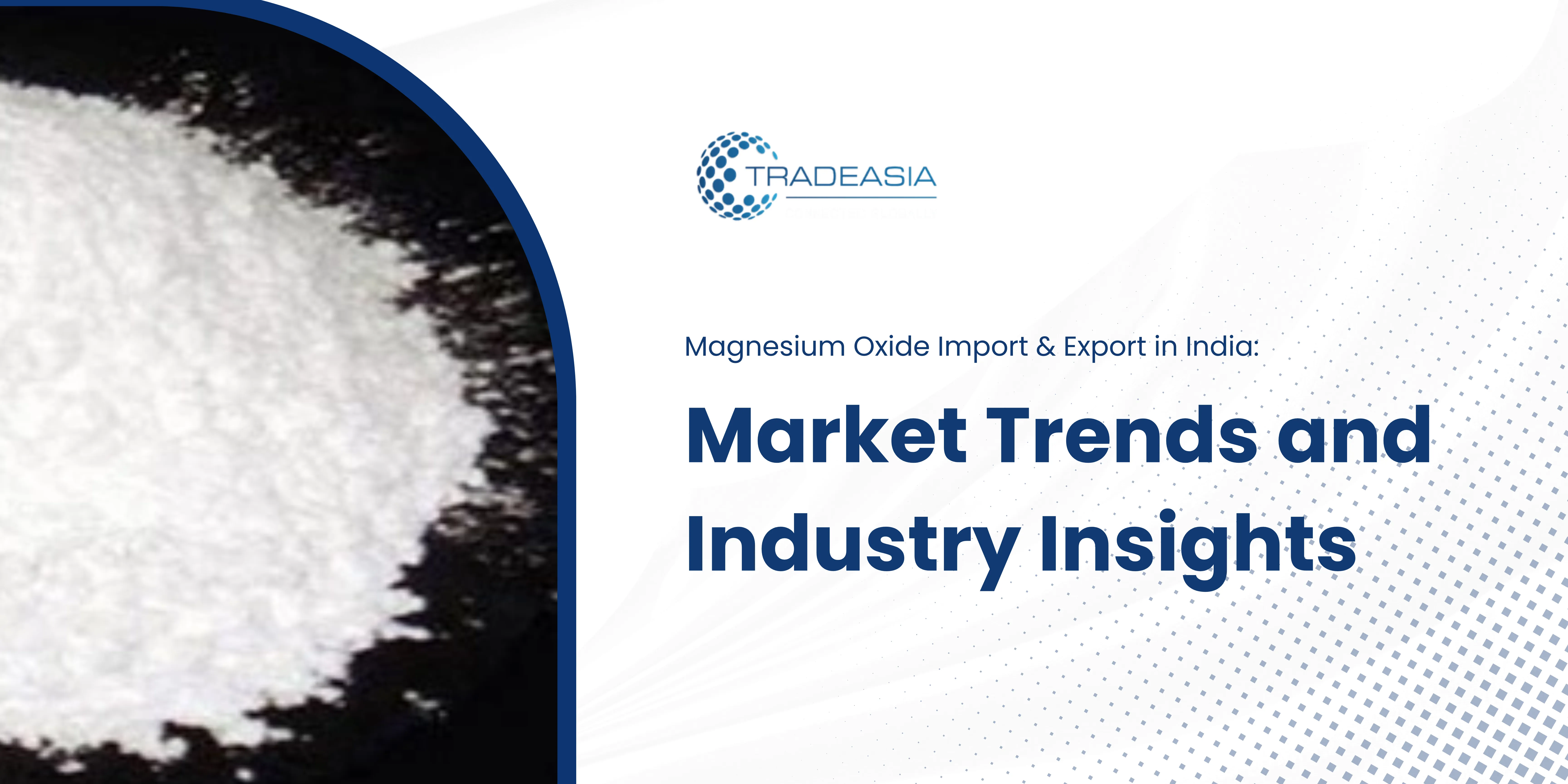Water quality is a fundamental concern for both industries and households. Contaminants such as heavy metals, bacteria, and excessive mineral content can significantly impact the usability and safety of water. Poor water quality not only affects human health but also leads to industrial inefficiencies, equipment corrosion, and environmental damage.
One of the most effective solutions for improving water quality is Magnesium Oxide (MgO). This naturally occurring compound plays a crucial role in neutralizing acidity, removing impurities, and enhancing filtration efficiency. In this article, we will explore how Magnesium Oxide is used in water treatment, its advantages, applications, and its growing significance in the water purification industry.
Understanding Magnesium Oxide (MgO)
Magnesium Oxide is a white, alkaline, and water-reactive mineral derived from magnesite or produced through the calcination of magnesium carbonate. It is widely known for its ability to neutralize acidic substances, making it a preferred choice in various chemical and industrial processes, including water purification.
When dissolved in water, MgO reacts with acidic components to form magnesium hydroxide, which effectively regulates pH levels and removes unwanted contaminants. Its high adsorption capacity, chemical stability, and non-toxic nature make it an environmentally friendly alternative to conventional water treatment chemicals.
Role of Magnesium Oxide in Water Treatment
Magnesium Oxide plays several key roles in water purification:
a) pH Neutralization
Acidic water, often caused by industrial waste discharge or natural factors, can lead to pipeline corrosion and adverse health effects. MgO acts as a neutralizing agent, balancing the pH of water and preventing the damage associated with acidity.
b) Contaminant Removal
Heavy metals such as lead, arsenic, and cadmium are hazardous contaminants found in water sources. Magnesium Oxide assists in the removal of these toxic elements through adsorption and precipitation, ensuring cleaner and safer water for industrial and residential use.
c) Water Softening
Hard water, characterized by high calcium and magnesium content, causes scale buildup in pipelines, reducing efficiency in industrial equipment. MgO helps in water softening by regulating mineral concentrations and improving water quality for domestic and industrial applications.
Benefits of Magnesium Oxide in Water Treatment
Using Magnesium Oxide for water purification offers numerous advantages, including:
-
Cost-Effectiveness – MgO is affordable compared to alternative water treatment methods and requires minimal maintenance.
-
Eco-Friendly Nature – As a naturally occurring mineral, it is non-toxic and does not produce harmful byproducts.
-
Effective Filtration – Enhances impurity removal, reducing turbidity and improving water clarity.
-
Corrosion Prevention – Neutralizes acidic water, preventing pipeline degradation and industrial damage.
-
Versatile Applications – Suitable for both municipal and industrial water treatment systems.
Industrial Applications of Magnesium Oxide in Water Purification
Several industries use MgO to improve water quality:
-
Municipal Water Treatment Plants – MgO helps remove contaminants, regulate pH, and improve drinking water quality.
-
Power Plants – Prevents scale buildup and corrosion in cooling systems.
-
Food & Beverage Industry – Ensures purified water for food processing and production.
-
Pharmaceutical Industry – Provides clean water for medical and laboratory applications.
-
Mining & Metallurgy – Used to treat acidic wastewater before disposal.
Comparing Magnesium Oxide with Other Water Treatment Methods
While several water treatment solutions exist, Magnesium Oxide offers unique advantages:

Unlike chlorination and reverse osmosis, MgO provides an economical and sustainable solution for water purification.
Challenges and Considerations in Using Magnesium Oxide
Despite its many benefits, certain factors must be considered when using MgO in water treatment:
-
Dosage Optimization – Excessive MgO usage can lead to over-alkalization of water.
-
Precipitation Issues – MgO can form solid residues that may require additional filtration.
-
Reaction Time – MgO-based treatments may require longer reaction times compared to chemical alternatives.
By addressing these challenges through proper dosage control and advanced filtration techniques, industries can maximize the benefits of MgO in water purification.
Future of Magnesium Oxide in Water Purification
As water pollution becomes a growing concern, the demand for eco-friendly and efficient water treatment solutions is increasing. Magnesium Oxide is emerging as a preferred choice due to its sustainability and effectiveness. Research and technological advancements are continuously improving MgO-based water treatment methods, making them more efficient and scalable for global applications.
Governments and environmental organizations are also promoting the use of natural filtration methods like MgO to reduce the dependency on chemical-based treatments. With its growing adoption in industrial, municipal, and household water systems, the future of Magnesium Oxide in water purification looks promising.
Conclusion
Magnesium Oxide is a vital component in modern water treatment systems. Its ability to neutralize acidity, remove heavy metals, and improve filtration efficiency makes it an ideal choice for ensuring clean and safe water. Industries worldwide are increasingly relying on MgO as a cost-effective and sustainable solution for water purification.
As environmental concerns and regulatory standards push for greener water treatment technologies, Magnesium Oxide continues to play a pivotal role in shaping the future of water purification.
For more insights into Magnesium Oxide and its role in water treatment, explore the following resources:
? Magnesium Oxide - Tradeasia
? Water Treatment Industry - Tradeasia

Leave a Comment